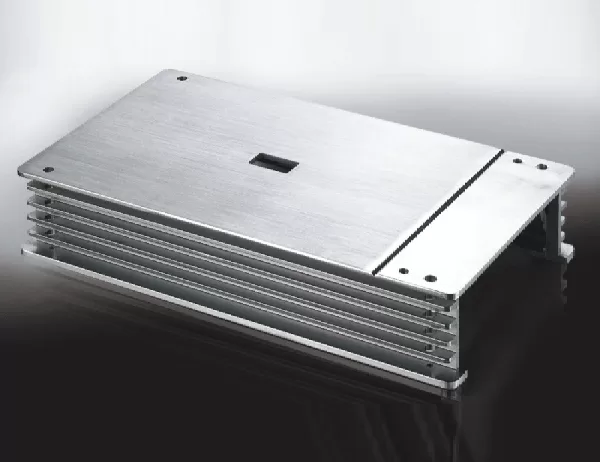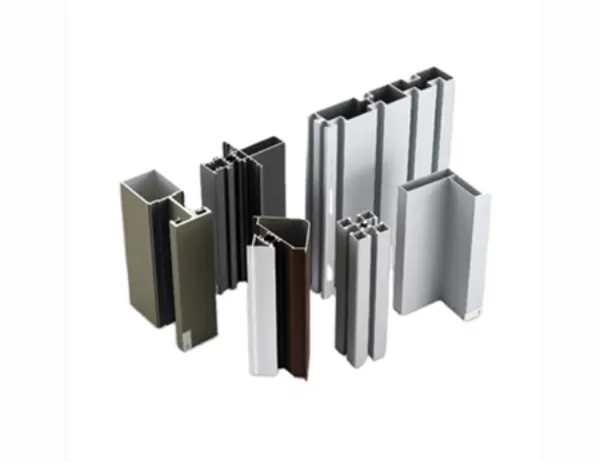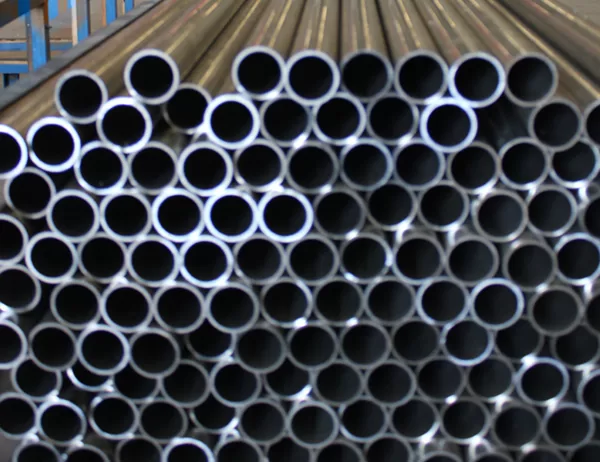Industrial aluminum profiles have emerged as a revolutionary solution in workplace ergonomics, offering a myriad of benefits that enhance worker comfort, safety, and productivity. This article delves into the profound impact of industrial aluminum profiles on workplace ergonomics, examining their contributions to adaptability, adjustability, weight reduction, and overall workplace optimization.
Industrial aluminum profiles provide exceptional adaptability, allowing for the creation of versatile workstations and equipment that cater to the unique needs of different tasks and individuals. Their modular design enables easy assembly and modification, facilitating the creation of customized solutions that accommodate changing workflow demands. Whether it’s adjusting the height of a desk or reconfiguring an assembly line, industrial aluminum profiles empower businesses to swiftly adapt to evolving ergonomic requirements.
The lightweight nature of industrial aluminum profiles contributes significantly to workplace ergonomics. Compared to traditional materials like steel, aluminum offers superior strength-to-weight ratios, making it possible to create ergonomic solutions that are easy to handle and transport. Despite their lightweight construction, aluminum profiles exhibit remarkable durability, ensuring longevity and minimal maintenance requirements. This combination of lightness and durability translates into reduced physical strain on workers, promoting overall comfort and well-being.
Industrial aluminum profiles enable the creation of highly adjustable workstations and equipment, empowering workers to personalize their workspace for optimal comfort and productivity. Height-adjustable desks, ergonomic chairs with adjustable backrests and armrests, and customized assembly line workstations are just a few examples of how aluminum profiles enhance adjustability. By providing workers with the ability to tailor their work environment to their specific needs, industrial aluminum profiles minimize musculoskeletal disorders and promote long-term health.
Beyond enhancing individual workstations, industrial aluminum profiles contribute to the overall optimization of the workplace environment. Their modularity facilitates the creation of space-saving solutions, maximizing efficiency and promoting a sense of well-being. Aluminum profile-based storage systems, partitioning systems, and lean manufacturing cells help declutter the workplace, improve accessibility, and streamline workflows. By creating a more ergonomic and organized environment, industrial aluminum profiles foster greater efficiency, productivity, and employee satisfaction.
In conclusion, the impact of industrial aluminum profiles on workplace ergonomics is profound and multifaceted. Their adaptability, adjustability, weight reduction, and overall workplace optimization capabilities have revolutionized the way we approach ergonomic design. By empowering businesses to create customized, comfortable, and efficient work environments, industrial aluminum profiles play a vital role in improving worker well-being, boosting productivity, and fostering a positive workplace culture.




